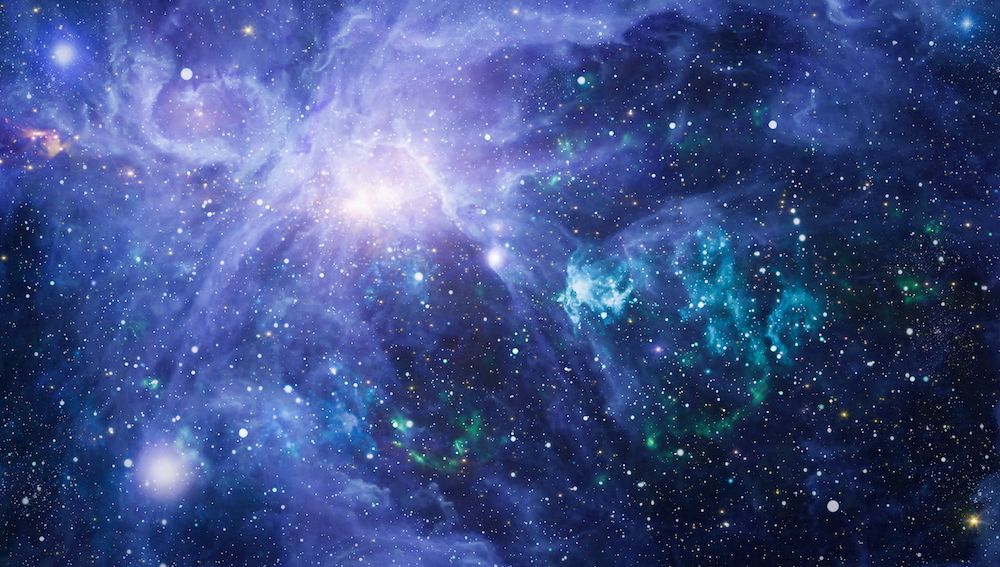Einstein's Gravity Theory Confirmed: Massive Study Validates General Relativity

An international team of astronomers has successfully analyzed the largest map of the universe, confirming that Einstein's theory of general relativity is correct even at colossal scales.
The groundbreaking study, which looked at nearly 6 million galaxies and quasars spanning 11 billion years of cosmic time, revealed that the force of gravity behaves as predicted by Einstein's theory of general relativity. The massive undertaking provides strong validation for cosmologists' leading theory of the universe, with results that may limit alternative theories of gravity.
The study, published in several papers on the preprint server arXiv and set to be presented later this year at a meeting of the American Astronomical Society, demonstrated that general relativity holds true even at large scales. The research team, led by French National Centre for Scientific Research (CNRS) cosmologist Pauline Zarrouk, pored over data from the Dark Energy Spectroscopic Instrument (DESI) mounted on the Nicholas U. Mayall 4-meter Telescope in Arizona.
"We needed to test our assumptions at much larger scales," Zarrouk said, highlighting the significance of this research. "By studying the rate at which galaxies formed, we can directly test our theories and, so far, we're lining up with what general relativity predicts at cosmological scales."
The study's findings have implications for understanding dark matter and dark energy, two mysterious entities that account for a majority of the universe's mass and energy. While some scientists have proposed alternative explanations, such as modified Newtonian dynamics (MOND), this research suggests that Einstein's theory remains the most comprehensive view of astronomical phenomena.
"This is a significant breakthrough in our understanding of gravity at large scales," said Dragan Huterer, co-lead of DESI's data interpretation group and professor of theoretical cosmology and astrophysics at the University of Michigan. "We're showcasing an incredible ability to probe modified gravity and constrain models of dark energy. It's only the tip of the iceberg."
The researchers' findings will build on future data releases from the DESI experiment, set to reveal even more insights into the universe's structure and evolution over the next two years.
